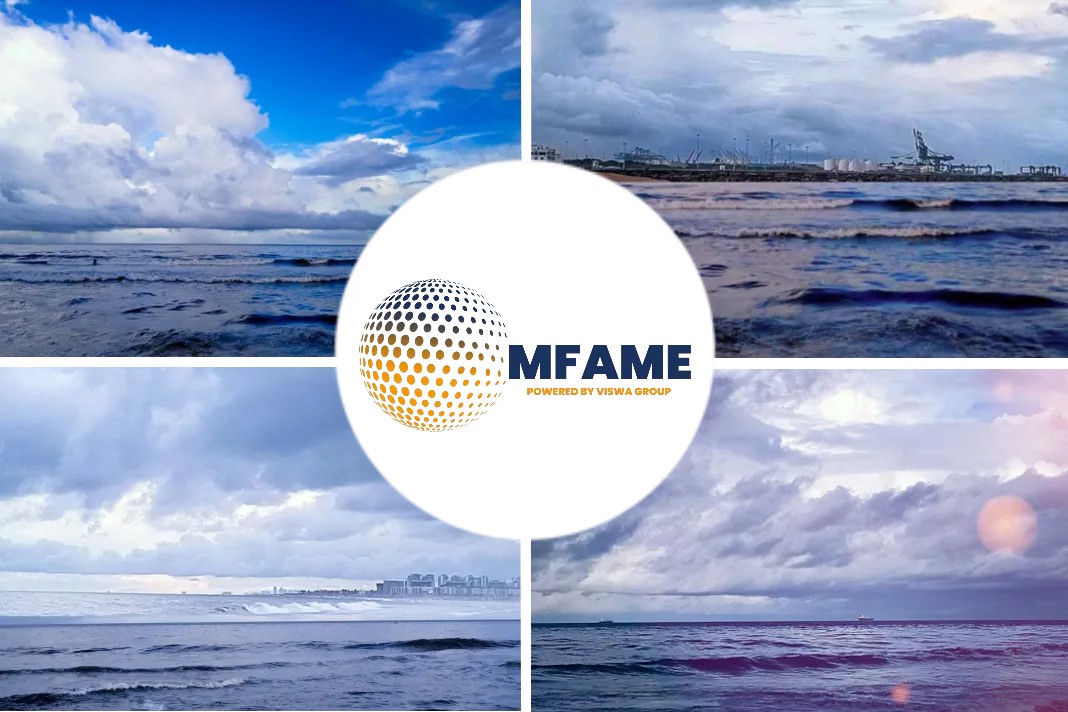- Strong demand in the ship demolition sector has been tempered by the war in Ukraine ‘which is creating some major uncertainty’.
- The potential oil price impact of any disruption could also be very significant and bunker prices are already elevated partly because of these tensions.
- Within the sub-continent, Bangladesh continues to lead the market in terms of offered price levels, according to Allied Shipbroking.
Strong demand in the ship demolition sector has been tempered by the war in Ukraine ‘which is creating some major uncertainty’, laments leading shipbroker Clarkson Platou Hellas, says an article published on Recycling international website.
War in Ukraine create some major uncertainty
The conflict is leaving many recycling stakeholders guessing. So far, developments do not appear to be preventing Russian exports and it remains to be seen whether any sanctions or caution being exercised by market participants leads to any significant disruption.
In the meantime, tanker freight rates for cargo loading in the Baltic and Black Sea have increased very sharply, with ‘knock-on effects’ on other routes, Clarkson Platou Hellas says. The longer-term impact is still uncertain, while the industry awaits further developments and while market participants assess any risks and uncertainties that may affect tanker loadings.
The potential oil price impact of any disruption could also be very significant and bunker prices are already elevated partly because of these tensions.
More negotiations
The increased bunker prices may also affect price levels for those units being circulated for recycling on an ‘as is’ basis as these buyers will have to factor in the cost of bunkers to move the vessel from the delivery place to the final recycling destination.
‘On the dry side, considering the uncertainty of events, the dry bulk freight market sentiment has turned more negative, like most financial markets and we are now certainly witnessing more discussing on the capesize [largest] bulk carriers,’ the shipbroker reports.
While some such units are being negotiated, no actual sales have been concluded this week. ‘The surprising element this week is the lack of sales to report,’ the shipbroker notes.
‘We are hearing of several private deals being negotiated, in addition to more units being circulated as potential candidates, but it would seem owners’ expectations are greater than the current historically high rates on offer from the recycling buyers.’
Indian regional outlook
Within the sub-continent, Bangladesh continues to lead the market in terms of offered price levels, according to Allied Shipbroking. Given the current Russian-Ukraine crisis that has unfolded, there are also signs of potential increases in their offered price levels in a pro-active stance so as to prevent any potential losses in the flow of units being beached.
The broker notes that Pakistan seems to have taken a step back, waiting for the dust to clear before taking a strong position. In the Indian market, there has been a slight increase in momentum and buying appetite, something that has helped boost offered price levels as of late.
‘Furthermore, given that tanker units are still the main pool for demolition candidates, the recent developments in their freight market could mean that even this sector might dry up in the short-run, amplifying competition amongst breakers even further,’ Allied Shipbroking says.
‘In any case, we need to see the developments of this current crisis as it will underpin to a significant extent the scrap tonnage available as well as which direction price levels will be able to take.’
Steel scrap prices have ‘improved significantly’ in Bangladesh and India this week leaving both markets positively poised going into March, according to major ship cash buyer GMS (see table above). ‘The Turkish market remains especially poised to suffer from the outcome of the Ukrainian invasion with the supply of import of steel likely to be affected.’
GMS expects that sanctions against Russia are likely to have a profound impact on the shipping world – especially when negotiating state-owned sanctioned Russian tonnage, which will restrict them from heading for recycling shores.
‘As it stands, despite the ongoing international turmoil, recycling markets keep giving owners a viable end-of-life option at fantastic decade long high levels, while freight rates too continue to perform admirably at present.’
Did you subscribe to our daily newsletter?
It’s Free! Click here to Subscribe!
Source: Recycling international

















